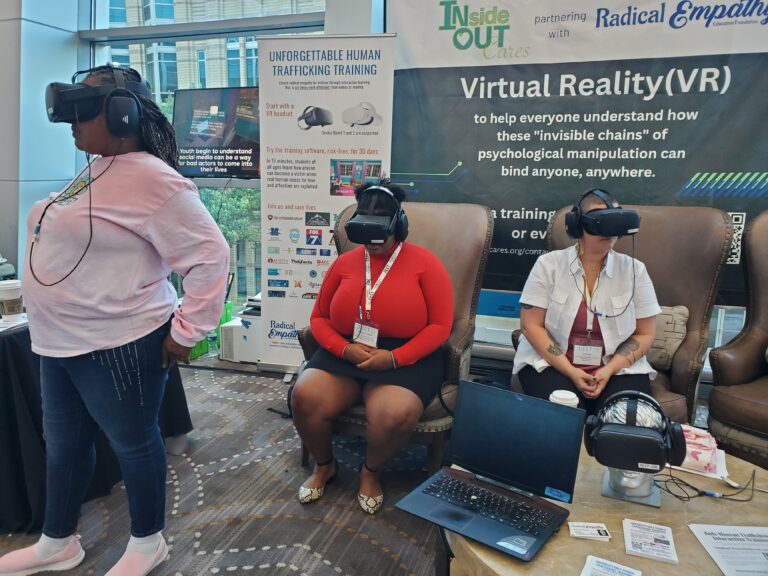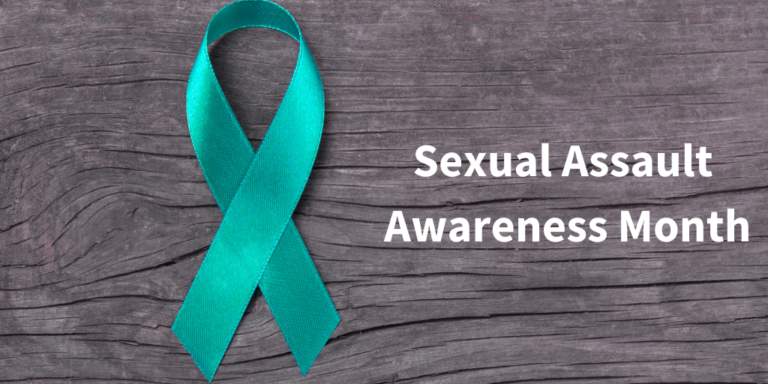Starfish Project Develops Career Paths For Human-Trafficking Survivors – JCK
Sixteen years ago, Jenny McGee and a group of friends had an idea for a social enterprise that uses jewelry as a way to help women escape human trafficking, and the resulting Starfish Project and its success has been the best kind of surprise for its founder. That’s because the Starfish Project has grown not…




